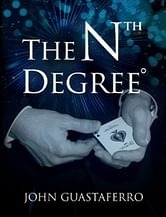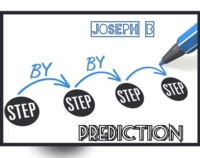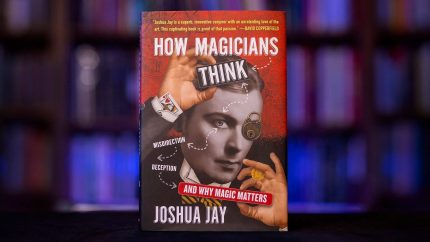As magicians, we deceive our audiences. But, are we also deceiving ourselves? Are there things—big things—that we get wrong about our craft? More importantly, are these things that our audience could identify, yet we never think to ask? The answers, it turns out, are “yes,” “yes,” and another resounding “yes.”
Offered as the final installment in the massively popular Astonishing Essays series, Magic by the Numbers by Joshua Jay examines an innovative research study about how magic is perceived and explores how much has changed in the years since it was commissioned.
Magicians have spoken at length about what they believe makes for a good magic trick. Yet, they almost never explore what audiences look for in a magic effect. In 2014, Joshua collaborated with a team of statisticians to step into the minds of people who watch magic.
He wanted to find the real answers to questions that magicians think they already know the answer to. How much do people actually like magic? What kinds of tricks are most memorable to an audience? What do people like most about magic? What do they like least?
The answers were surprising, shocking, and sometimes even slightly depressing. Some magicians took issue with the findings and questioned the collection techniques when they were first published in MAGIC Magazine. Others used the unexpected results of this wide-ranging survey to reshape their material. It was undeniable though that this was a thought-provoking and invaluable resource for becoming a better magician.
Now, eight years later, Joshua Jay sheds new light on this groundbreaking research with the Magic by the Numbers Astonishing Essay. The first half dives into an expanded version of the original article that includes previously-unpublished material. Joshua then discusses how our craft has evolved in recent years, sharing insights from new studies, experiments, and information that are immensely beneficial for the modern magician. Even if you loved Josh’s original essay and research, you’ll find lots here that has never seen print before.
This captivating essay explores the most interesting and applicable results of these studies, distilling down the lengthy academic texts into concise summaries that answer our most burning questions. He discusses important ideas like which card force is most effective, whether having items examined is better before or after an effect, whether an audience perceives a thought-of card or a selected card as stronger, and how well people remember details in a magic effect.
Offering a detailed look at the “moneyball” approach to magic pioneered by Joshua Jay, Magic by the Numbers is unlike any magic book or essay ever published. It is a must-read for any magician looking to improve their overall performance.













